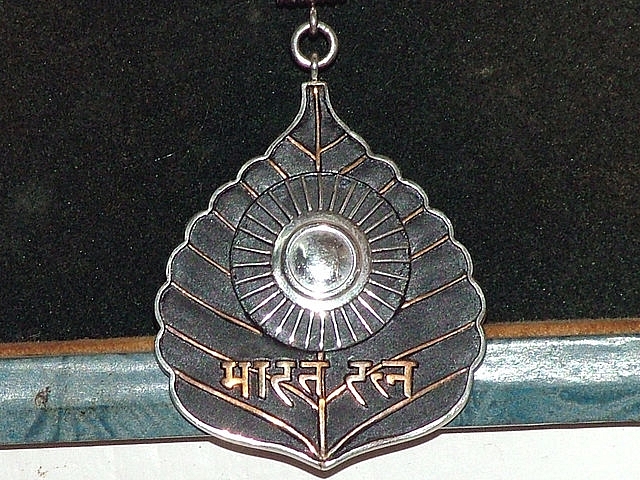
Why The Padma Awards Should Be Scrapped
It is time to ask a fundamental question – are civilian awards like the Padmas centered around patronage relevant in a modern state?
Nitin Gadkari is going to face a lot of flak for his revelation that yesteryear actress Asha Parekh had been hounding him for a Padma award. But the only thing wrong about what he said was naming a particular individual; otherwise he deserves to be applauded for his frankness. This is the first time a minister has spoken publicly about what has been an open secret for long.
There’s no getting away from the fact that these awards are not honours any more. Maybe they were when they were instituted in 1954, but that is no longer the case. The awards had lost their sheen long ago but over the last decade or so they have completely lost credibility as well.
Perhaps the nadir of the Padma awards was reached when controversial NRI businessman Sant Singh Chhatwal was conferred the Padma Bhushan in 2010. Outrage was natural since, as the Indian Express reported, Chhatwal had several cases of bank fraud against him and had even been arrested.
The home ministry tried to justify the award, in an official statement that said the CBI had closed some of these cases while the court had cleared him of charges in others. Only to have the Indian Express revealing that the investigating agency went against the advice of its own officers in closing the cases and not appealing the court order.
But Chhatwal’s is only an egregious example; other awardees may not have controversies dogging them but is it possible to argue that all of them deserve such national honours? Has one even heard of the names of sundry Padma awardees, many of them non-entities? The Doon School principal got a Padma award when Rajiv Gandhi was Prime Minister. Doctors attending on Presidents have been conferred Padma awards. Sportspersons who have won medals for the country have been ignored while sports administrators have been honoured.
Lobbying is an inevitable accompaniment and politicians are not the only ones who are under pressure. One technocrat hounded an apex chamber of commerce to ensure that he gets his third Padma award, while another chamber worked hard to get an award for a management guru. In fact, chambers are often hard put to choose which industrialist member to lobby for each year.
Editors come under pressure from their proprietors to ensure they get an award. How an honour has become a right became clear last year when badminton player Saina Nehwal went public with her unhappiness at not getting the Padma Bhushan. She had got the Padma Shree in 2010.
The selection of Padma awardees is the result of an extremely opaque process involving recommendations and final selection by a committee set up by the home ministry comprising the cabinet secretary, home secretary, secretary to the President and other eminent people (the number varies). Recommendations are received, a search committee comprising bureaucrats draws up a short list and the awards committee selects names from this. There is no way of knowing what swung the award for one person and not another.
In 1996, the Supreme Court had to get involved in the matter when hearing a bunch of petitions challenging these awards, as a result of which awards had not been given for three years. Then PM P. V. Narasimha Rao set up a committee under K. R. Narayanan who was then the vice-president. The Narayanan committee made a number of recommendations about who should get these awards and setting a cut-off date to receive nominations.
But a RTI query showed that none of these recommendations had been followed in 2010 when Chhatwal was honoured. It is not clear whether they were observed before 2010 or since. The RTI query also revealed that President A. P. J. Abdul Kalam had also expressed his distress to then Prime Minister Atal Behari Vajpayee about the way in which these honours were conferred.
Debates around these civilian awards surface every January and then die down after routine lamentations and call for reform of the procedures. But it is time to ask a more fundamental question – is such feudal patronage relevant to and compatible with a modern state? As long as such avenues for benefaction exist, they will be misused for political and personal favours. These awards need to be scrapped. There should be no debate over that.